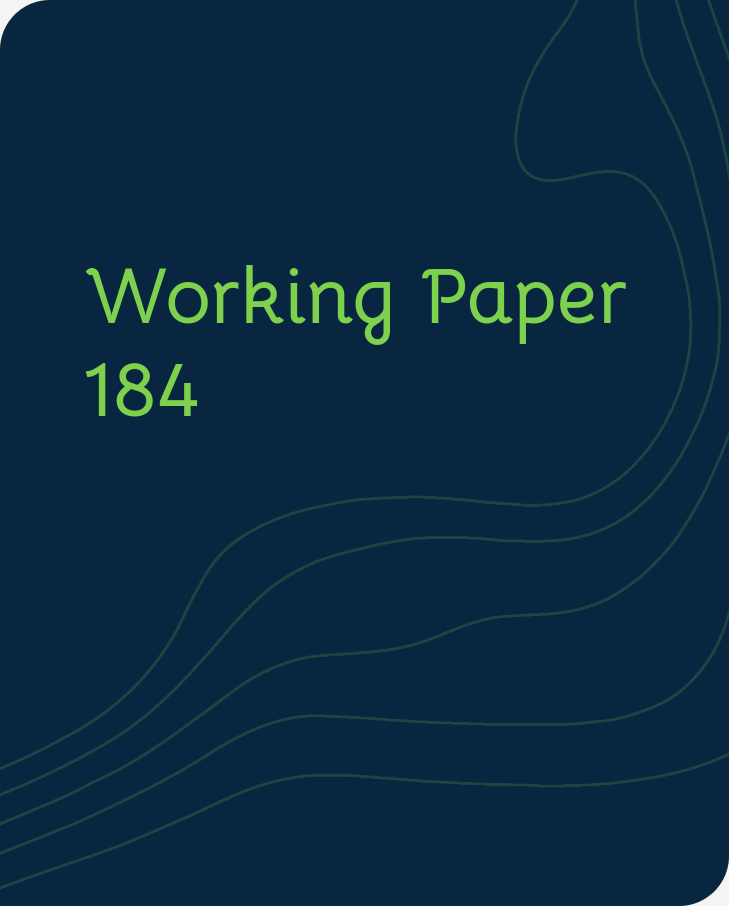Publication
Transition Report
Reform progress and transition indicators
Who we are
Overview: about the EBRDWho we are
Overview: about the EBRD
Learn about the EBRD's journey to investing more than €220 billion in over 7,800 projects.
What we do
Overview: how the EBRD operatesWhat we do
Overview: how the EBRD operates
Across three continents, the EBRD supports the transition to successful market economies.
Work with us
Overview: how you can work with the EBRDWork with us
Overview: how you can work with the EBRD
We draw on three decades of regional knowledge and financial expertise to tailor our products and approaches to each client's needs.
January, 2016

By Simeon Djankov, Elena Nikolova and Jan Zilinsky
Citizens in eastern Europe are less satisfied with life than their peers in other countries. This happiness gap has persisted over time, despite predictions to the contrary by earlier scholars. It holds after controlling for a variety of covariates, such as the standard of living, life expectancy and Eastern Orthodox religion. Armed with a battery of surveys from the early 1990s to 2014, we argue that the happiness gap is explained by how citizens in post-communist countries perceive their governments. Eastern Europeans link their life satisfaction to higher perceived corruption and weaker government performance. Our results suggest that the transition from central planning is still incomplete, at least in the psychology of people.
For media enquiries related to this working paper, please contact Ksenia Yakustidi, Media Adviser at the EBRD’s Office of the Chief Economist
YakustiK@ebrd.com
All Working Papers
The Working Paper series seeks to stimulate debate on transition in the EBRD regions.
